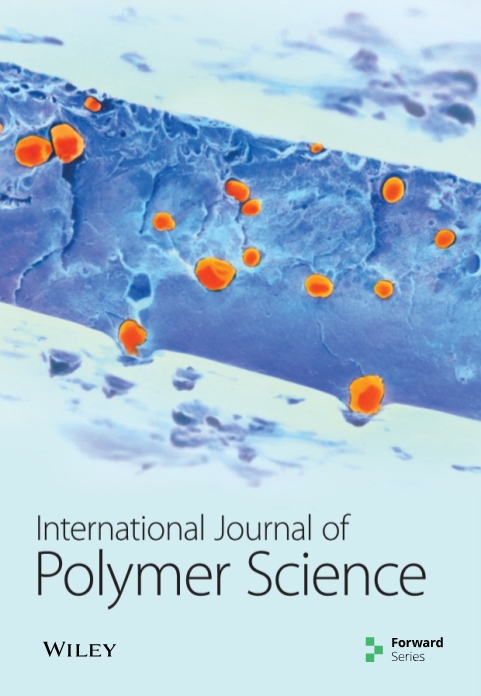Acid–Base Pretreatment and Enzymatic Hydrolysis of Palm Oil Mill Effluent in a Single Reactor System for Production of Fermentable Sugars
IF 4.4
4区 化学
Q2 POLYMER SCIENCE
引用次数: 1
Abstract
Palm oil mill effluent (POME) is one of the main agro-industrial wastewaters in Malaysia. Highly polluting POME is a serious threat to the environment. In recent years, the methods used to treat POME are inefficient and complex in terms of cost or environmental preservation. The main object of this research is to propose a single reactor system (SRS) obtained from POME wastewater discharge as a promising low-cost treatment and high-energy method for harvesting the fermentable sugar by applying acid–base–enzyme pretreatment and hydrolysis of POME by locally produced cellulase enzymes to enhance biofuel production. Several experiments were conducted to produce fermentable sugars through the statistical methods, including the characterization of POME, acid-base pretreatment, and enzymatic hydrolysis process for reducing sugar production. The one-factor-at-a-time (OFAT) results showed that the highest reducing sugar yield, 23.5 mg/mL of POME, was achieved by enzymatic hydrolysis in an SRS without having a separation and purification. Based on OFAT performance, optimization of two factors such as substrate concentration (total suspended solids, TSS %w/v) and enzyme loading (μmol/min) was carried out by applying face-centered central composite design (FCCCD) under the response surface methodology (RSM) to develop a second-order regression model. The optimum reducing sugar production was 26.6 mg/mL (53.14%) with the conditions of 5% w/v, TSS, and 80 μmol/min/mL of the enzyme dose. In addition, the results of this research can be further considered in biofuel production using other wastewaters to enhance biofuel production as well as wastewater treating functions and minimize the negative environmental impacts.棕榈油厂废水的酸碱预处理和单反应器酶解制备发酵糖
棕榈油厂废水(POME)是马来西亚主要的农业工业废水之一。高污染的聚乙烯对环境构成严重威胁。近年来,用于处理POME的方法在成本或环境保护方面效率低下且复杂。本研究的主要目的是提出从POME废水排放中获得的单反应器系统(SRS),作为一种有前途的低成本和高能量处理方法,通过使用酸碱酶预处理和本地生产的纤维素酶水解POME来收获可发酵糖,以提高生物燃料的产量。通过统计学方法,对POME的表征、酸碱预处理、酶解生产还原糖的工艺进行了实验研究。单因子-一次(OFAT)结果表明,在不分离纯化的情况下,在SRS中酶解POME的还原糖产量最高,为23.5 mg/mL。基于OFAT的性能,在响应面法(RSM)下,采用面心中心复合设计(FCCCD)对底物浓度(总悬浮物,TSS %w/v)和酶载量(μmol/min)两个因素进行优化,建立二阶回归模型。在w/v、TSS为5%、酶量为80 μmol/min/mL的条件下,最佳还原糖产量为26.6 mg/mL(53.14%)。此外,本研究的结果可以在生物燃料生产中进一步考虑,利用其他废水来提高生物燃料的产量和废水处理功能,最大限度地减少对环境的负面影响。
本文章由计算机程序翻译,如有差异,请以英文原文为准。
求助全文
约1分钟内获得全文
求助全文
来源期刊

International Journal of Polymer Science
POLYMER SCIENCE-
CiteScore
6.10
自引率
0.00%
发文量
55
审稿时长
>12 weeks
期刊介绍:
The International Journal of Polymer Science is a peer-reviewed, Open Access journal that publishes original research articles as well as review articles on the chemistry and physics of macromolecules.
 求助内容:
求助内容: 应助结果提醒方式:
应助结果提醒方式:


